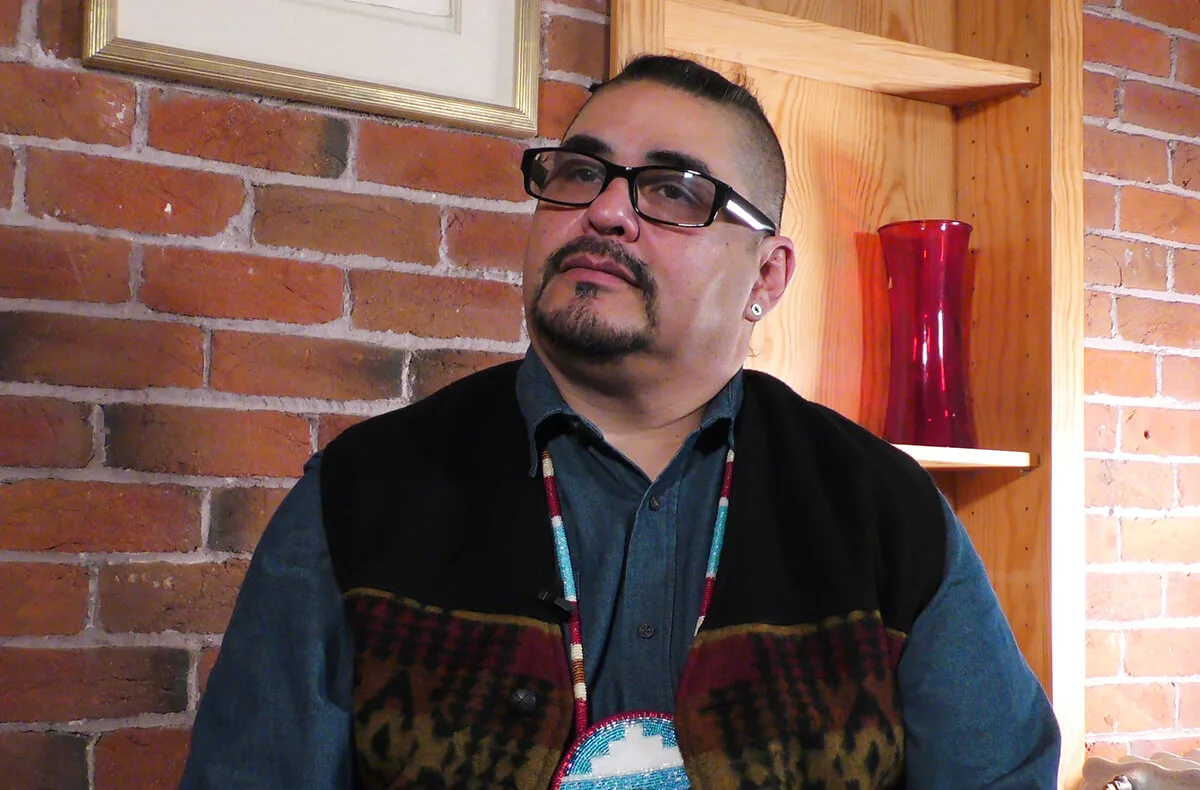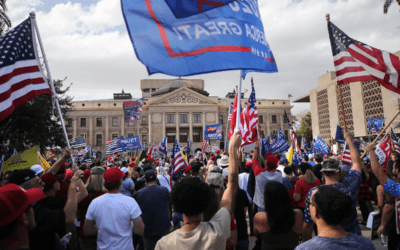
Arizona once tried to ban ethnic studies in K-12 public schools, but the law was ruled unconstitutional.
A group of Chicano Studies professors have launched a free online program called Colegio Chicano del Pueblo.
The group has enrolled over 75 students so far from states including Arizona, California, Illinois, and Michigan.
The eight-week classes are centered around Chicano politics and history, ending with each student hosting a virtual town hall in their communities.
The group is working to allow students to earn college credit through the program, with the goal of creating a 32-credit program equivalent to a minor degree.
Historically controversial curriculum
One of the professors launching the program, Ernesto Todd Mireles, teaches at Prescott College in Arizona.
He has been advocating for this kind of education in Arizona since the state Legislature in 2010 banned Mexican-Amercian studies from being taught in K-12 schools.
The law prohibited classes that “are designed primarily for pupils of a particular ethnic group.”
It also banned classes that “promote the overthrow” of the US government, “promote resentment” toward a group of people, and “advocate ethnic solidarity” rather than treating students as individuals.
School officials accused legislators of targeting the Mexican-American studies classes, which they saw as enriching students’ education rather than creating division.
RELATED: Move to Repeal English-Only Education Law Has Bipartisan Support
The Tucson Unified School District tried to keep the voluntary classes available but stopped them in 2012 for fear of losing state funding.
Teachers in the district asked Mireles for help, convincing him to come to the city and help with community organizing. According to Prescott College, he helped raise $25,000 to fight the ban.
The ban ended up going to the courts after families sued the state for infringement of their First and 14th Amendment rights.
In 2017, a federal judge ruled the law not only unconstitutional, but also “motivated by racial animus.”
The judge noted that students who participated in Mexican-American studies had higher grades and graduation rates than those who didn’t take the classes. He wrote in his ruling that the legislators who passed the law pursued “discriminatory ends in order to make political gains.”
The Associated Press contributed to this report.
Support Our Cause
Thank you for taking the time to read our work. Before you go, we hope you'll consider supporting our values-driven journalism, which has always strived to make clear what's really at stake for Arizonans and our future.
Since day one, our goal here at The Copper Courier has always been to empower people across the state with fact-based news and information. We believe that when people are armed with knowledge about what's happening in their local, state, and federal governments—including who is working on their behalf and who is actively trying to block efforts aimed at improving the daily lives of Arizona families—they will be inspired to become civically engaged.


He said what? 10 things to know about RFK Jr.
The Kennedy family has long been considered “Democratic royalty.” But Robert F. Kennedy, Jr.—son of Robert F. Kennedy, who was assassinated while...

Here’s everything you need to know about this month’s Mercury retrograde
Does everything in your life feel a little more chaotic than usual? Or do you feel like misunderstandings are cropping up more frequently than they...

Arizona expects to be back at the center of election attacks. Its officials are going on offense
Republican Richer and Democrat Fontes are taking more aggressive steps than ever to rebuild trust with voters, knock down disinformation, and...

George Santos’ former treasurer running attack ads in Arizona with Dem-sounding PAC name
An unregistered, Republican-run political action committee from Texas with a deceptively Democratic name and ties to disgraced US Rep. George Santos...





